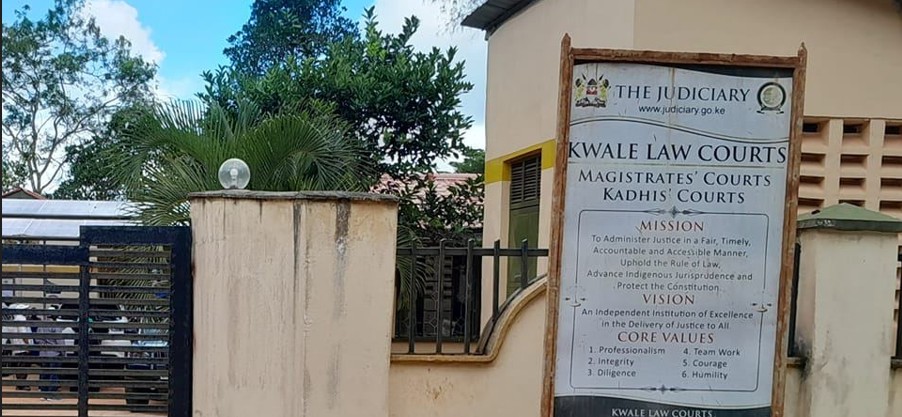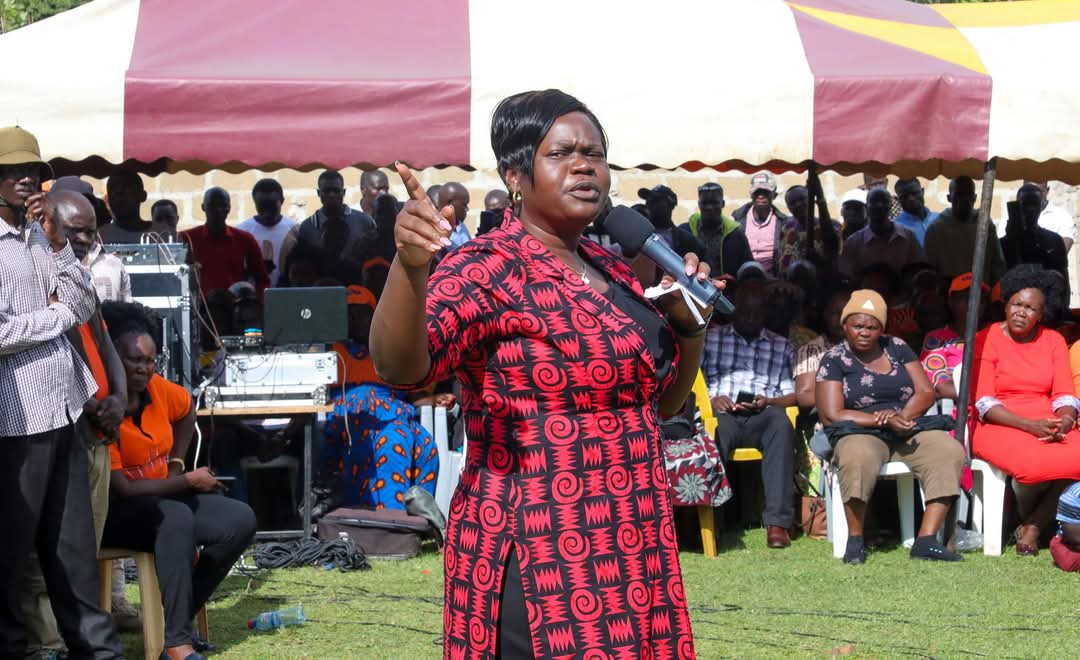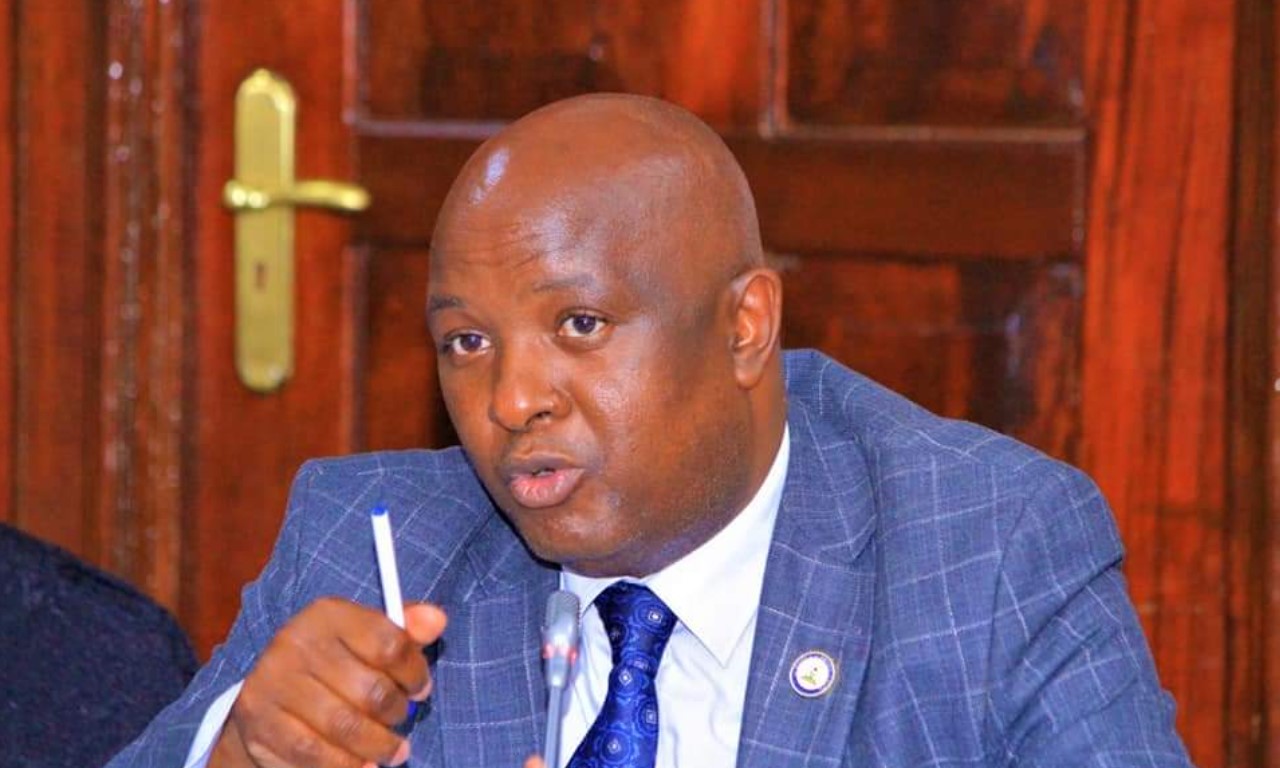Koome appoints 3-judge bench to hear cases challenging Affordable Housing Act

Justices Olga Sewe, John Chigiti, and Josephine Mongare will preside over consolidated cases, which include a petition filed by 22 senators, led by Busia's Okiya Omtatah.
Chief Justice Martha Koome has appointed a three-judge bench to hear and determine six petitions challenging the implementation of the new Affordable Housing Act.
Justices Olga Sewe, John Chigiti, and Josephine Mongare will preside over consolidated cases, which include a petition filed by 22 senators, led by Busia's Okiya Omtatah.
More To Read
- CJ Koome urges contextual enforcement of Marriage Act, stronger family justice system
- Senator Omtatah files petition seeking to declare National Tallying Centre unconstitutional in presidential elections
- Law Society of Kenya demands immediate halt to Makongeni demolitions over lack of compensation
- How circuit, mobile courts expanded justice to underserved communities - report
- Only 54 of 540 acres properly titled for affordable housing, governors warn
- CJ Koome affirms Judiciary’s commitment to transparency, says trust central to transformation
The senators and seven human rights defenders are contesting the appointment of the commissioner general of the Kenya Revenue Authority (KRA) as the collector of the affordable housing levy, as well as sections 4 and 5 of the Act, which impose the levy.
They argue that the commissioner-general's responsibilities are strictly limited to KRA affairs, so he cannot collect the levy.
The petitioners are seeking a court order to quash the imposition of the Affordable Housing Levy at the rate of 1.5 per cent of gross monthly pay, as provided in the Affordable Housing Act, 2024. They also want the court to suspend sections 2(1), 4, and 5 of the Act, which appoint the Commissioner General as collector and impose the levy.
“The commissioner general is not the KRA. It is the authority, not the commissioner-general, that, under Section 5 of the KRA Act, is given the mandate to collect and account for revenues by gspecified laws,” read the documents.
Additionally, Omtatah is seeking to prohibit the National Assembly and 11 other parties from implementing Section 60 of the Affordable Housing Act, 2024, which attempts to retroactively address issues previously declared unconstitutional by the High Court.
President William Ruto signed the Affordable Housing Act, 2024, into law on March 19, reintroducing the controversial housing levy deductions.
The new legislation extends the regulations to workers in the informal sector, in line with a High Court ruling that rendered it unconstitutional last year.
Top Stories Today












































